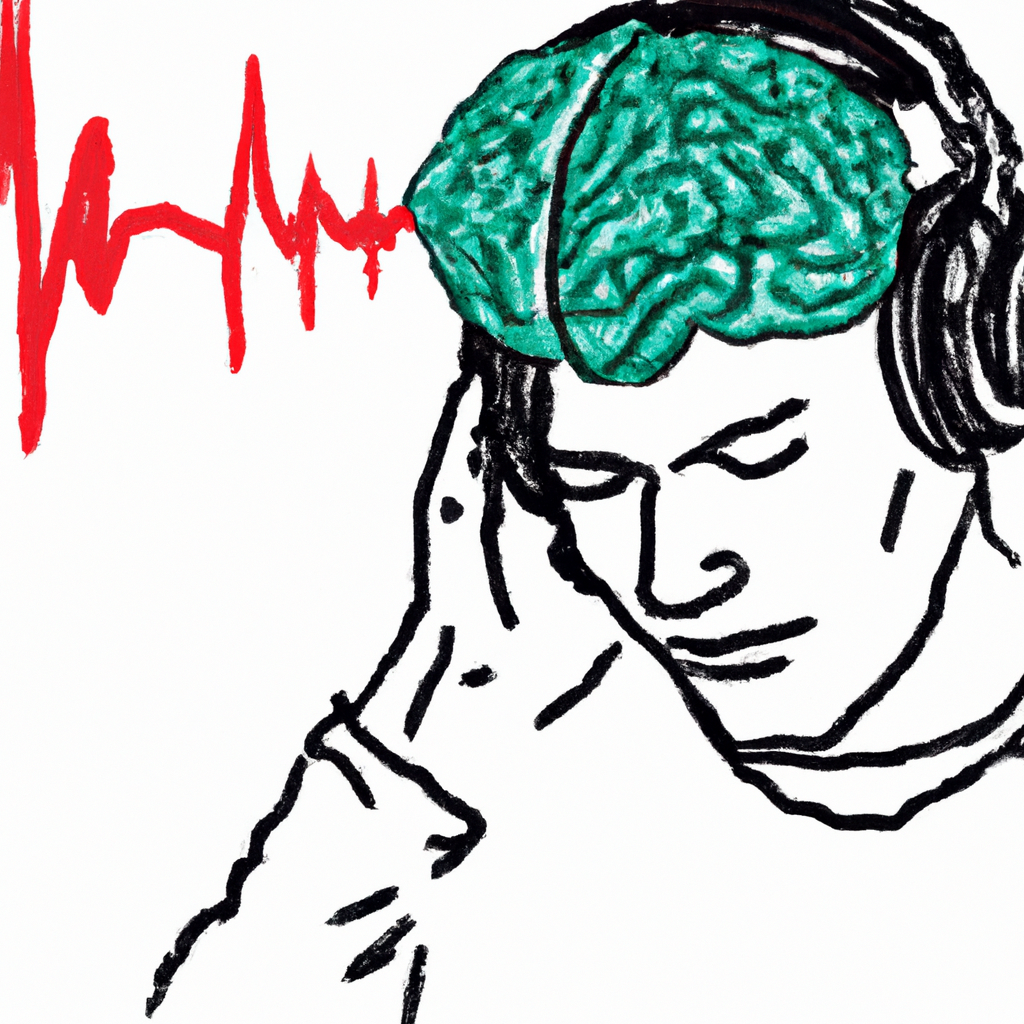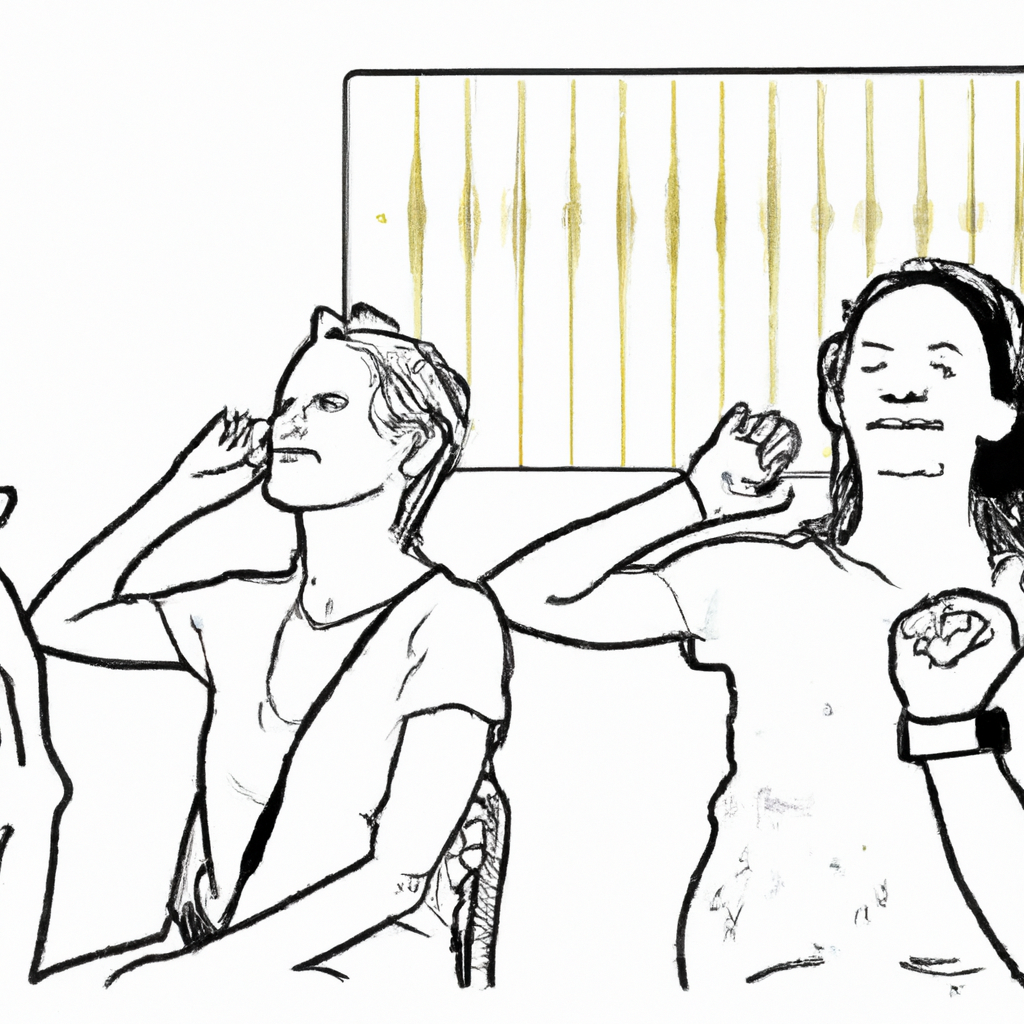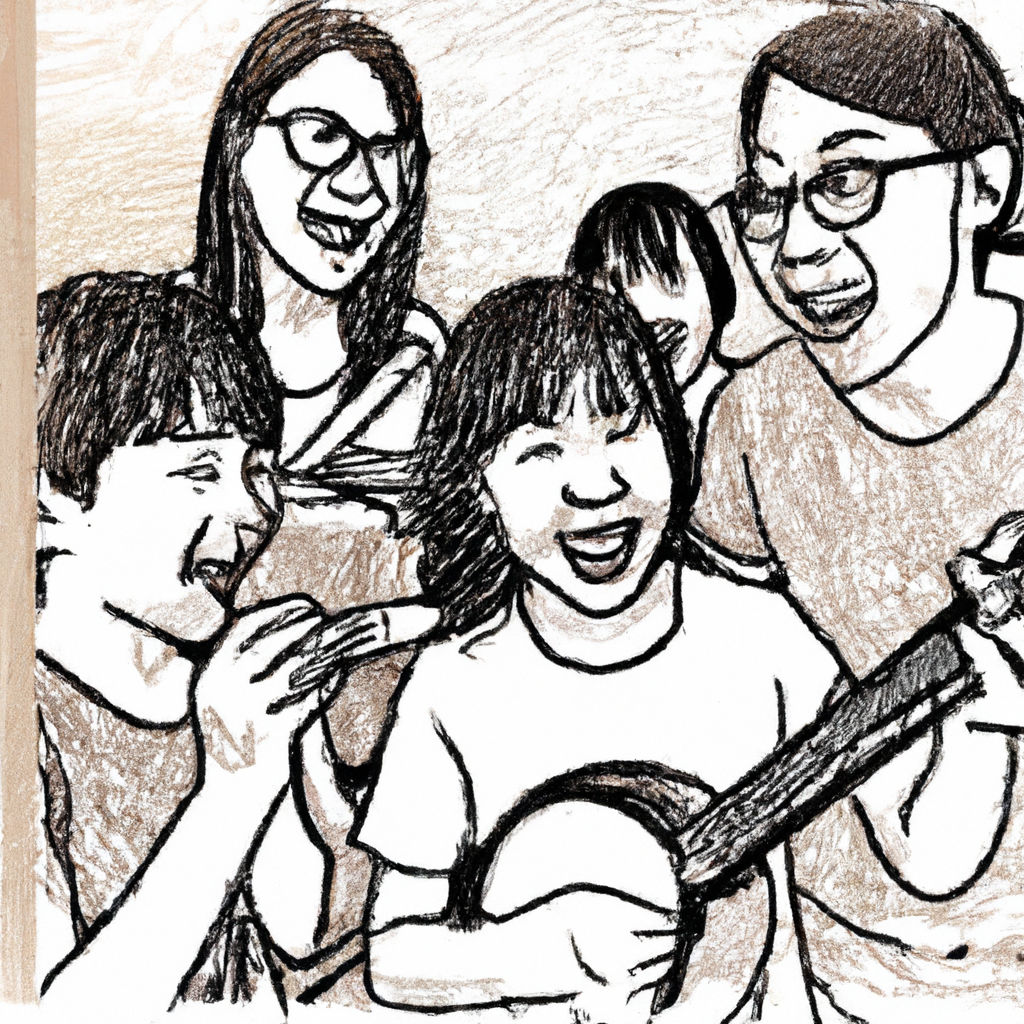Dear Readers,
AI plays a crucial role in our blog, helping us manage our time more effectively to keep the content flowing. While AI assists with content creation, which may lead to occasional spelling or grammar errors, our primary goal remains clear: to deliver meaningful insights to you. For important matters, please consult a specialist.
Thank you for your understanding and support.
Best regards,
Education.com.cy
1. Executive Summary
This article explores the profound impact of music on emotional well-being. It delves into the psychological effects of music, the role of music therapy in mental health, cultural and social influences, and presents case studies and research findings. The aim is to provide educators and parents with practical insights into how music can be leveraged to enhance emotional health.
2. Introduction
Music is a universal language that transcends cultural and social boundaries. It has the power to evoke a wide range of emotions, from joy to sorrow, excitement to calm. Understanding the influence of music on emotional well-being is crucial for educators and parents who seek to foster a supportive and nurturing environment. This article examines the various ways in which music impacts our emotions and mental health, offering practical applications and insights.
3. Main Sections
The Psychological Impact of Music
Music has a profound effect on the brain and emotions. Listening to music can trigger the release of dopamine, a neurotransmitter associated with pleasure and reward. Different genres and tempos can evoke different emotional responses. For instance, upbeat music can boost mood and energy levels, while slow, calming music can reduce stress and anxiety. Studies have shown that music can also improve cognitive functions such as memory and attention.

Music Therapy and Mental Health
Music therapy is an established clinical intervention that uses music to address emotional, cognitive, and social needs. It has been shown to be effective in treating a variety of mental health conditions, including depression, anxiety, and PTSD. Music therapists use techniques such as songwriting, improvisation, and listening to music to help clients express emotions, improve mood, and develop coping skills. The non-verbal nature of music makes it a powerful tool for those who find it difficult to articulate their feelings.

Find out how the strategies discussed in the article
"How Teaching a Song Can Improve Your Child’s Learning and Well-Being"can help address internet addiction in children and teens.
Cultural and Social Influences
Music is deeply embedded in cultural and social contexts. It plays a significant role in rituals, celebrations, and communal activities. Different cultures have unique musical traditions that reflect their values and history. Socially, music can bring people together, fostering a sense of community and belonging. It can also serve as a form of social expression and identity, particularly among adolescents. Understanding these cultural and social dimensions can help educators and parents use music more effectively in their interactions with children and young adults.

Case Studies and Research Findings
Numerous studies have documented the benefits of music on emotional well-being. For example, research has shown that listening to classical music can reduce stress and improve sleep quality. Another study found that group drumming sessions can enhance social bonding and reduce feelings of loneliness. Case studies of individuals undergoing music therapy have demonstrated significant improvements in mood, emotional regulation, and overall mental health. These findings highlight the potential of music as a therapeutic and supportive tool.

4. Conclusion
Music is a powerful and versatile tool that can significantly enhance emotional well-being. By understanding its psychological effects, therapeutic applications, and cultural significance, educators and parents can better support the emotional health of children and young adults. Practical takeaways include incorporating music into daily routines, using music as a form of expression and communication, and exploring music therapy for those in need of additional support. Embracing the influence of music can lead to a more emotionally balanced and fulfilling life.

Thank you for reading our article on The Influence of Music on Emotional Well-being. We highly value your feedback and invite you to take a brief survey to share your thoughts and experiences. Your responses will be kept confidential.
Dear Readers,
Welcome to my blog, where technology, music, and visual arts come together to spark creativity and growth. By subscribing, you’ll become part of a vibrant community committed to exploring and learning in these areas.
Select the type of engagement that suits you best:
Join us and enjoy tailored content and direct support suited to your interests.
